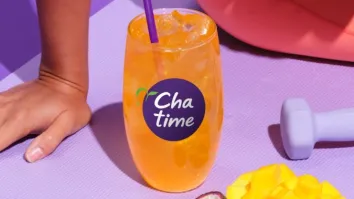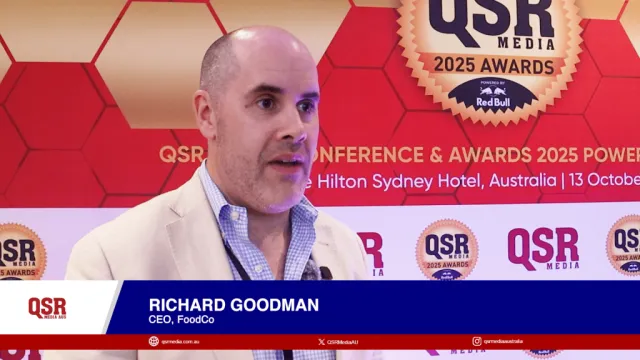
Australian Food and Grocery Council refutes Greens' claims of failed advertising codes
In fact, AFGC affirmed the success of the Responsible Children’s Marketing Initiative.
The Greens are mistaken to claim that industry codes to reduce advertising of high fat, sugar and salt (HFSS) foods to children have “failed”, the Australian Food and Grocery Council (AFGC) said today.
Rejecting claims by the Greens and a group of activists that HFSS food advertising to children is “not going away”, AFGC once again highlighted the success of the Responsible Children’s Marketing Initiative (RCMI), where the majority of leading food and beverage companies have committed not to advertise HFSS products to children under 12.
The latest independent research in Australia shows only 2.4 per cent of advertising on children’s TV were for HFSS foods between March and May 2010. These adverts were primarily placed in error by agencies in bonus advertising slots.
“The simple fact is there are virtually no ads for HFSS foods on children’s TV and in all other forms of media,” Ms Carnell said.
With the Greens today expected to re-introduce legislation to ban advertising of HFSS foods to children until 9pm, Ms Carnell said the proposed legislation was not about advertising to children but “advertising to families”.
“Industry believes that banning HFSS food advertising when families watch TV together simply amounts to censorship,” Ms Carnell said.
“Surely families can make a decision on what a healthy diet looks like for them. But when children watch TV alone, without supervision, it’s a different matter – during these programs, industry does have a responsibility to advertise healthy foods. That’s why industry has implemented the highly successful RCMI.”
Ms Carnell also questioned the Green’s push to ban digital services such as SMS and email to promote HFSS foods.
“I don’t quite know how this ‘Big Brother’ approach will work – this is the ‘Nanny State’ gone crazy,” Ms Carnell said.
“We must remember that food advertising doesn’t cause obesity, eating too much and exercising too little makes people obese and overweight.
“All foods, eaten in moderation, can form part of a healthy diet.”

























